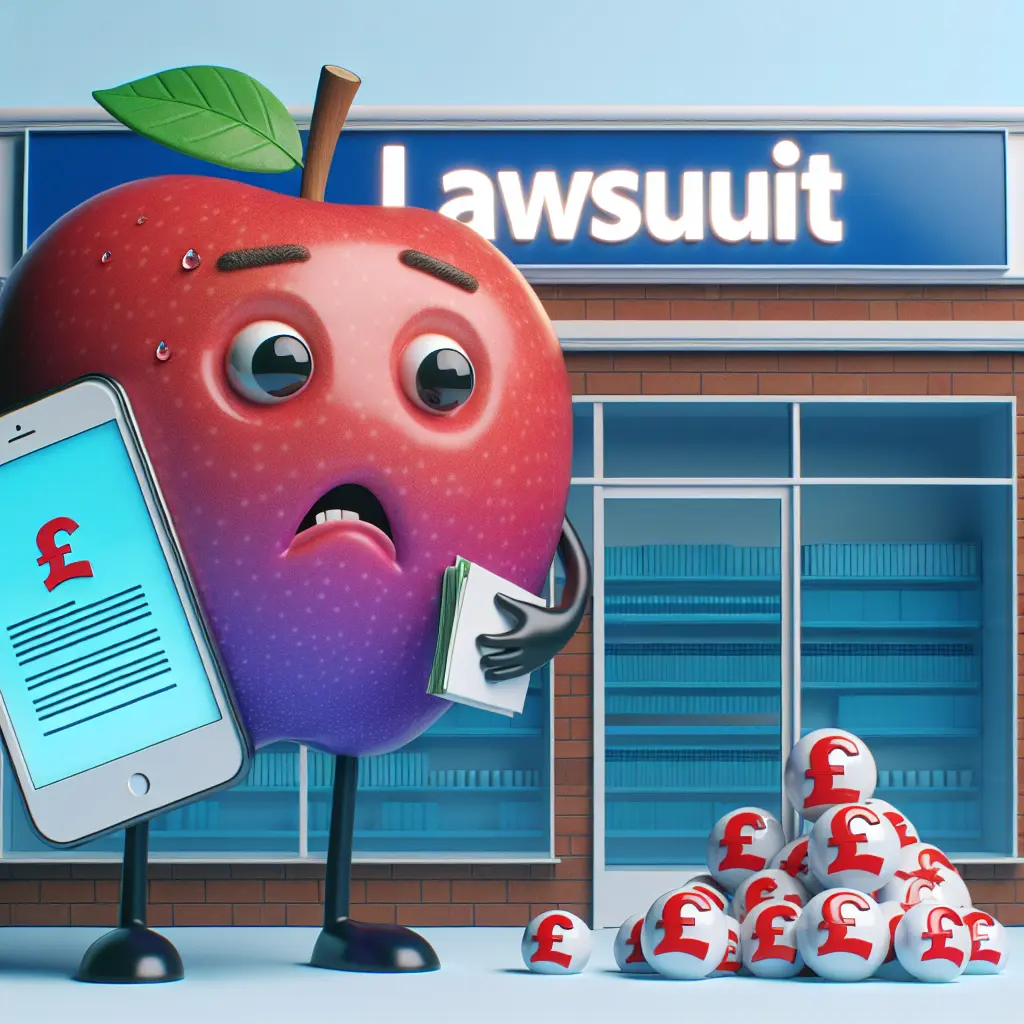Apple faces a significant legal challenge in the United Kingdom as it confronts a £1.5 billion lawsuit for allegedly imposing unfair fees on its App Store.
The tech giant Apple finds itself under scrutiny once again, this time across the pond in the United Kingdom. At the heart of the controversy is the accusation that Apple's 30% commission on app purchases through its App Store is excessive and unfair. This legal action could impact approximately 20 million iPhone and iPad users throughout the UK who have potentially been overcharged.
What's the Issue? Apple's App Store operates as a critical platform for app developers, providing access to millions of iOS users worldwide. However, the 30% commission that Apple charges developers for transactions conducted on its platform has been a point of contention for several years. Critics argue that this fee stifles competition and innovation by burdening developers financially, which may ultimately affect consumers.
In this case, the lawsuit suggests that these fees are not only unfair but constitute an abuse of Apple's dominant market position. This assertion aligns with global discussions about fair business practices in digital markets, a topic increasingly prominent in the regulatory landscape of many countries, including the UK.
Impact on UK Consumers
Financial Burden
If the claims hold true, UK consumers might have been paying inflated prices for apps and in-app purchases, indirectly funding Apple's hefty commissions.
Choice and Innovation High commission fees could dissuade developers from launching or maintaining apps on Apple's platform, potentially reducing choices available to consumers.
Regulatory Environment in the UK
The UK's regulatory bodies have been actively investigating and challenging large tech companies over concerns related to monopolistic practices and consumer rights. The Competition and Markets Authority (CMA) plays a pivotal role in ensuring fair competition and protecting consumer interests within the digital economy. This lawsuit against Apple represents a broader effort to scrutinize tech giants' influence and ensure fairer marketplace conditions.
What Could This Mean for the Future?
If the lawsuit succeeds, it might compel Apple to reconsider its App Store policies, potentially leading to reduced commission fees. Such an outcome could set a precedent affecting similar cases globally, reinforcing the call for increased transparency and fairness in digital marketplaces.
In conclusion, this legal battle highlights significant ongoing discussions about the balance of power between large tech companies and consumers. The result of this case could influence how digital markets operate and are regulated in the future.
For those interested in following this story further, you can read more at Neowin.
Thank you for reading, and stay informed about how these developments might shape your digital experience.










Leave a Comment